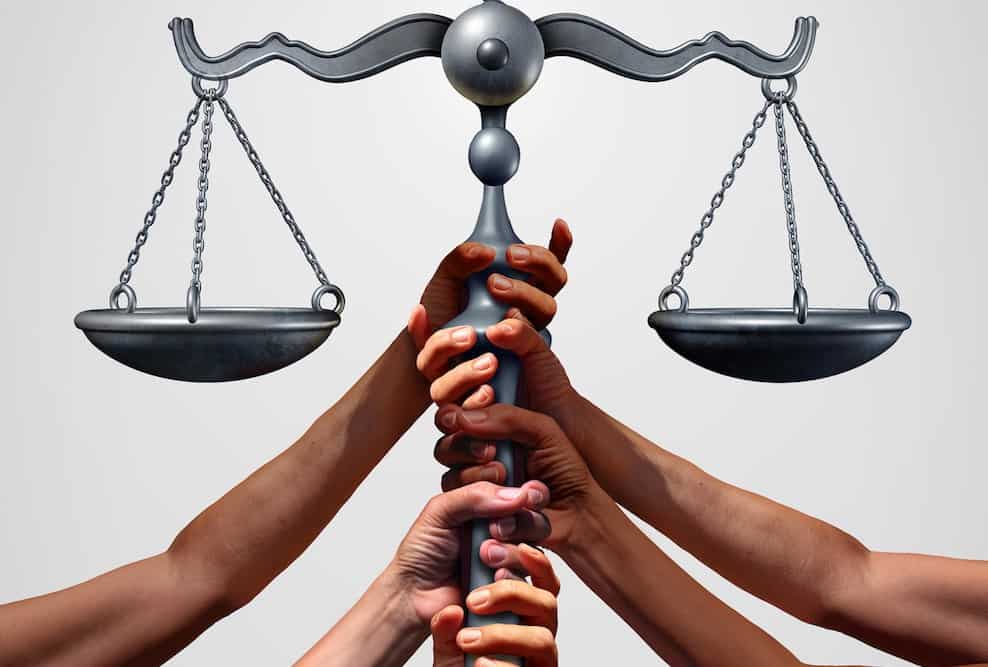 The promise for humanity. The way of humility.
The promise for humanity. The way of humility.
Jesus the equalizer. As I lay in bed last night waiting for sleep to fully overtake me, Holy Spirit started showing me more about how Jesus interacted with humanity in ways that equalized people.
Consider Mary’s declaration from Luke 1 when the angel told her she would be mother to Jesus:
52 “He has brought down rulers from their thrones, And exalted those who were
humble. 53 “He has filled the hungry with good things; And sent the rich away empty-handed.
When the woman was caught in the act of adultery, the oppressive hierarchical nature of patriarchy was on display as there was no man similarly judged as deserving of execution. Those ready to carry out the judgment, which would end the woman’s life were men. We know this because they were teachers of the law and religious leaders, positions from which women were excluded. Jesus’ challenge to the men to consider their own lives was an invitation to humbly identify with the woman they had judged and were preparing to execute. (John 8: 1-11)
The kingdom of this world- ruled by anti-Christ forces- sends a different message. The anti-Christ message we are taught from childhood is that there needs to be a winner and a loser. This creeps into the church and contaminates the Bride with values and ways of relating that are contrary to God’s Kingdom. It distorts are perspective and produces the fruit of division, hatred, and death. When we embrace equity, reject privilege that sets us above others, or conversely refuse to submit to or empower devaluing practices that measure the worth of one human life in comparison to another, the Good news of the Gospel shines through.
Consider the women who are included in the lineage of Jesus. Rahab was a prostitute and a non-Jew. Ruth was a Moabite, a people group who were the product of incest. Tamar tricked Judah into sleeping with her after his sons died and left her childless. Finally, we have Bathsheba, who was taken from her home so King David could use her for sex (what we would call rape today). The Kingdom of God is about how we include and love others as though they are the same as ourselves- no better and no worse.
Consider how this could build and convey unity. The promise and blessings of the Gospel are found in knowing and embracing our place in humanity alongside one another. Our destiny is tied together. This is the historical understanding of the church that has informed practices to care for one another and risk comfort for the sake of our brothers and sisters.
Consider how we are called to practice our faith- live out our discipleship- not just be an audience. Recognizing our common humanity brings freedom and allows love to flow. We don’t have to be afraid of one another or be competitive with one another. We no longer have to subscribe to the bondage of comparison to find our worth.

